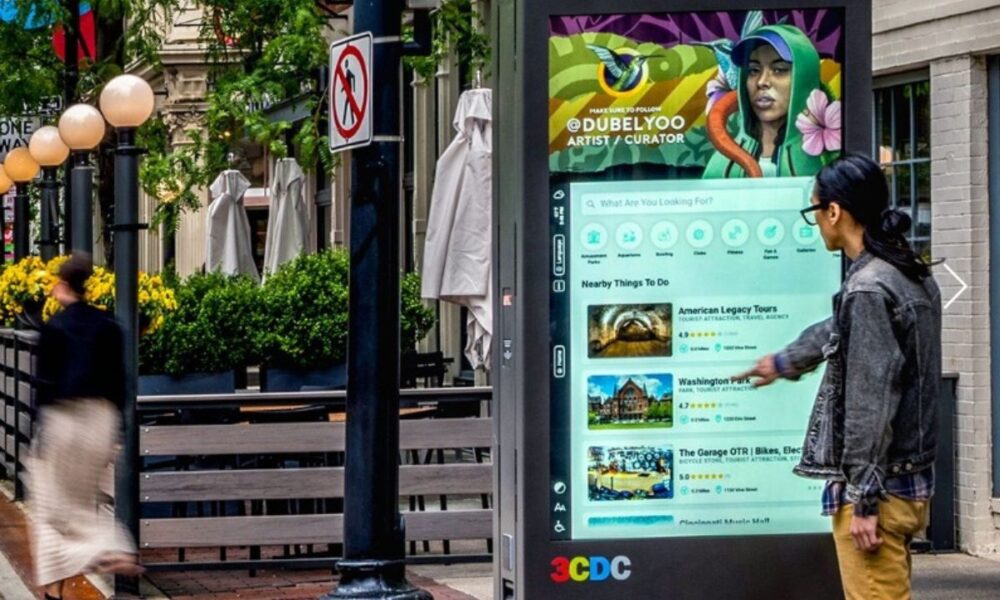On June 12, the council authorized a 10-year agreement with IKE Smart City, with two five-year renewal options. Councilmembers Paula Blackmon and Adam Bazaldua voted in favor of the deal despite each receiving $1,000 in campaign donations in 2023 — the maximum allowed — from people closely connected to the company.
Danielle Williamson, IKE’s vice president of sales, contributed to Blackmon, while Leia Shermohammed, wife of IKE’s Vice President of Development Jibran Shermohammed, donated to Bazaldua.
Neither council member recused themselves from the vote.
The Dallas Express reached out to both Councilmembers Blackmon and Bazaldua for comment but did not receive a response by the time of publication.
According to a June 6 memo from City Manager Kimberly Bizor Tolbert, the agreement is expected to generate approximately $67.4 million in net revenue for the city over the full 20-year span if both renewal options are exercised. IKE will also provide:
-
A $2 million signing bonus as an advance on future revenue share
-
A $770,000 non-refundable payment to cover termination fees for the city’s existing static kiosk agreement
-
A revenue share of the greater of $20,000 per kiosk per year (increasing by 10% every five years) or 35% of gross revenue
Once all 150 kiosks are installed and operational — no more than 50 per year — the city expects $3 million annually during the initial 10-year term.
Despite those projected returns, the backlash came swiftly.
One of the sharpest rebukes came from the X account @dallasenfuego, who wrote:
Two execs—one in Georgia, one in Ohio—each maxed out donations to BFFs & partners in slime @PaulaBlackmon & @AdamBazaldua. Just buddies, right?
What a coinckydink! Both donors are linked to digital kiosk manufacturer @IkeSmartCity, which scored a $38M contract with @cityofdallas… pic.twitter.com/HfAHxkdax1
— 𝔻𝕒𝕝𝕝𝕒𝕤 𝔼𝕟 𝔽𝕦𝕖𝕘𝕠 (@dallasenfuego) June 12, 2025
The program originated from council direction at a December 4, 2024 briefing, and the memo outlines numerous guardrails:
-
Strict privacy compliance: The vendor may not store, use, or sell personally identifiable information (PII)
-
ADA accessibility: All kiosks must fully comply with the Americans with Disabilities Act
-
Height limit: Kiosks may not exceed nine feet
-
Public notice: Vendors must provide 45-day advance notice and host community meetings before installing any kiosk
-
Maintenance requirements: Units must be cleaned and inspected six days a week, with 24/7 remote monitoring for outages and vandalism
The memo also reminded council members:
City Council Members should continue to refrain from communicating with any prospective vendors during this period until an award has been approved.
Still, critics argue that the appearance of a pay-to-play scheme is inescapable. The fact that both Blackmon and Bazaldua received donations from vendor-linked sources and then voted to approve the deal has raised alarms about ethics enforcement at City Hall.
While the donations may be legal, critics say the sequence of contributions followed by a favorable vote reflects the kind of insider politics that damages public trust and demands stricter ethical guardrails at City Hall.
The final step in the program’s launch will come when the city votes to approve site-specific license agreements for public right-of-way installations, expected by August 9.
As implementation moves forward, pressure is building for greater transparency — and possibly, changes to campaign finance and conflict-of-interest rules.
The Dallas Express will continue following this story.


